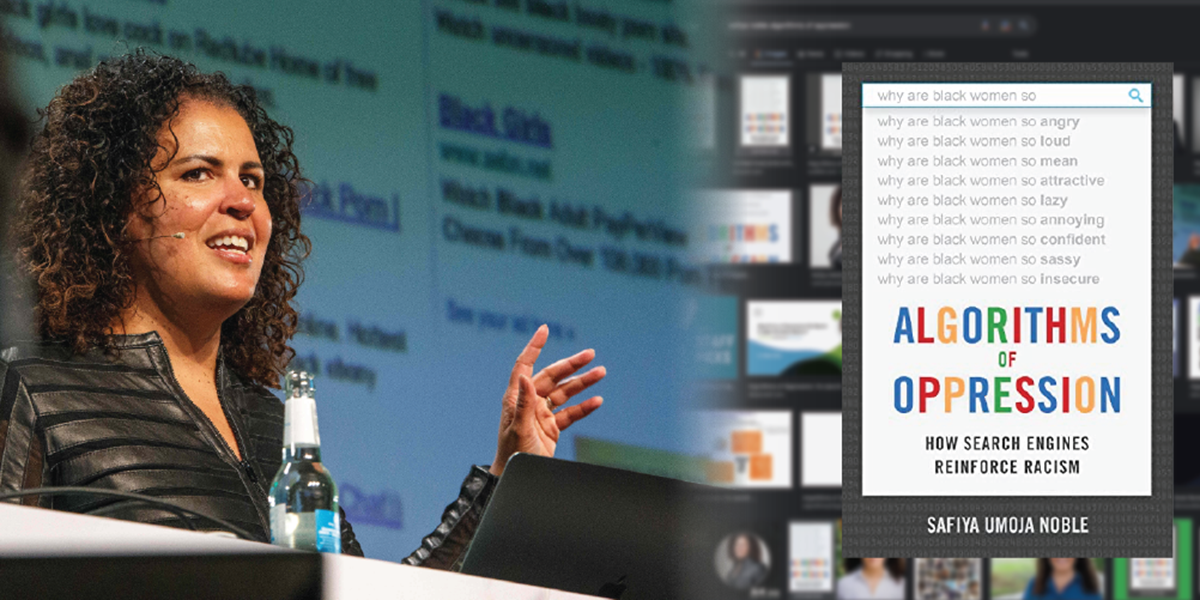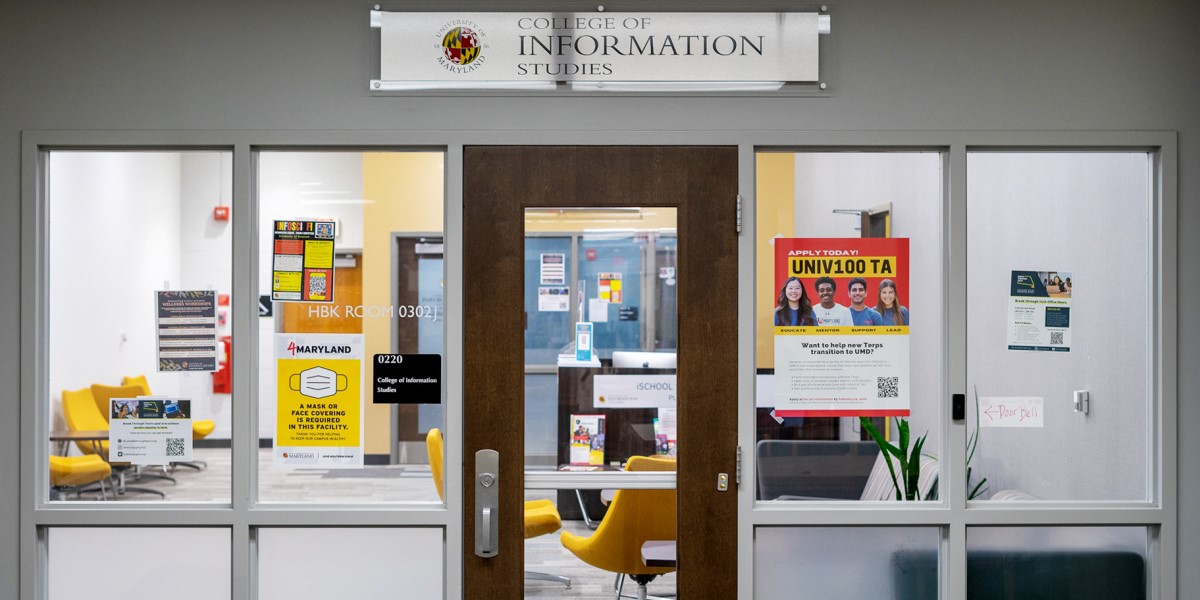News

(Video) Dean’s Lecture Series: Taking on Big Tech – New Paradigms for New Possibilities
October 7, 2022 | Emily DavidsonDr. Safyia Noble discusses her new book and the influence of prejudice on technology.

NBC News: Declining Cookies Won’t Stop Data Tracking (feat. Ido Sivan-Sevilla)
October 7, 2022 | Emily DavidsonThird party data tracking is on its way out with retailers adopting more sophisticated methods.

Recognizing Disability Awareness During the Month of October
October 6, 2022 |The College of Information Studies are champions of accessibility and democratization of information

National Cyber Security Awareness Month
October 3, 2022 |The Info College recognizes National Cyber Security Awareness Month

UMD INFO College Introduces Technology and Information Design Major
October 1, 2022 | Ava Thompson | The DiamondbackThe new major focuses on building and designing prototypes for new technologies such as apps and computers.

(Video) Digitizing Artifacts from the Black Lives Matter Memorial Fence
September 23, 2022 | Emily DavidsonA virtual panel discussion highlights the archival of protest art.

NPR News: Crypto and Retirement Form a Controversial Combination (feat. M. R. Sauter)
September 22, 2022 | Emily DavidsonTensions rise between government regulators and pension fund managers over the prudence of crypto investments.

